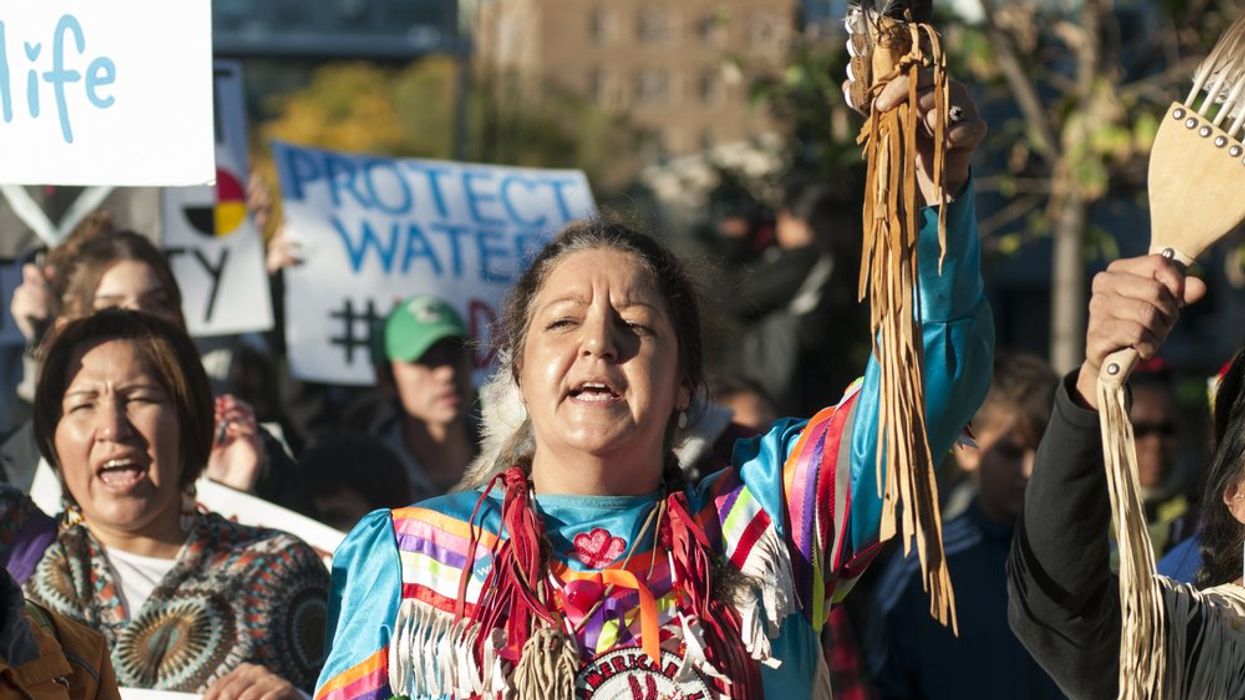The Environmental Protection Agency has proposed water quality standards for tribal lands, the first baseline standards for most reservations in the Untied States.
The protections encompass 76,000 miles of rivers and streams, and 1.9 million acres of lakes and reservoirs, which would set a maximum pollution limit expected to benefit over 500,000 people living on reservations.
According to the EPA, most tribal lands do not have baseline water quality standards. The proposed policies would bring them to the same level as other waters regulated by the federal government.
“What we’re trying to do with this rule proposal is to create a more unified approach across the country,” Radhika Fox, the EPA’s top water official, told The Hill. “It is really just another example of the Biden-Harris commitment to ensuring that all communities have clean, safe water."
This limits pollution in swimming and fishing waters, but does not equate regulation on drinking waters, or guarantee access to clean drinking waters. According to Tribal Clean Water, 48 percent of Tribal homes "do not have access to reliable water sources, clean drinking water, or basic sanitation."
"The federal government has treaty and trust responsibilities to promote the general welfare of Tribes. Although various federal programs exist to support water-related projects in Indian country, these programs historically have been underfunded," they wrote in a 2021 report. "As a result, many Native American households remain without access to clean drinking water or adequate sanitation."
The organization, which works with nonprofits and water experts to influence government policy, also notes that while protections are vital, expanding clean water access lies in developing infrastructure, such as updating pipes and constructing water sanitation facilities.
"Addressing racial equity, economic recovery through investment in infrastructure, and tackling climate change [is] also a smart economic investment – every dollar spent on sanitation facilities in tribal areas in the U.S. has at least a twenty-fold return in health benefits," they continue. "Now is the time to join together to solve this longstanding public health crisis."



















































